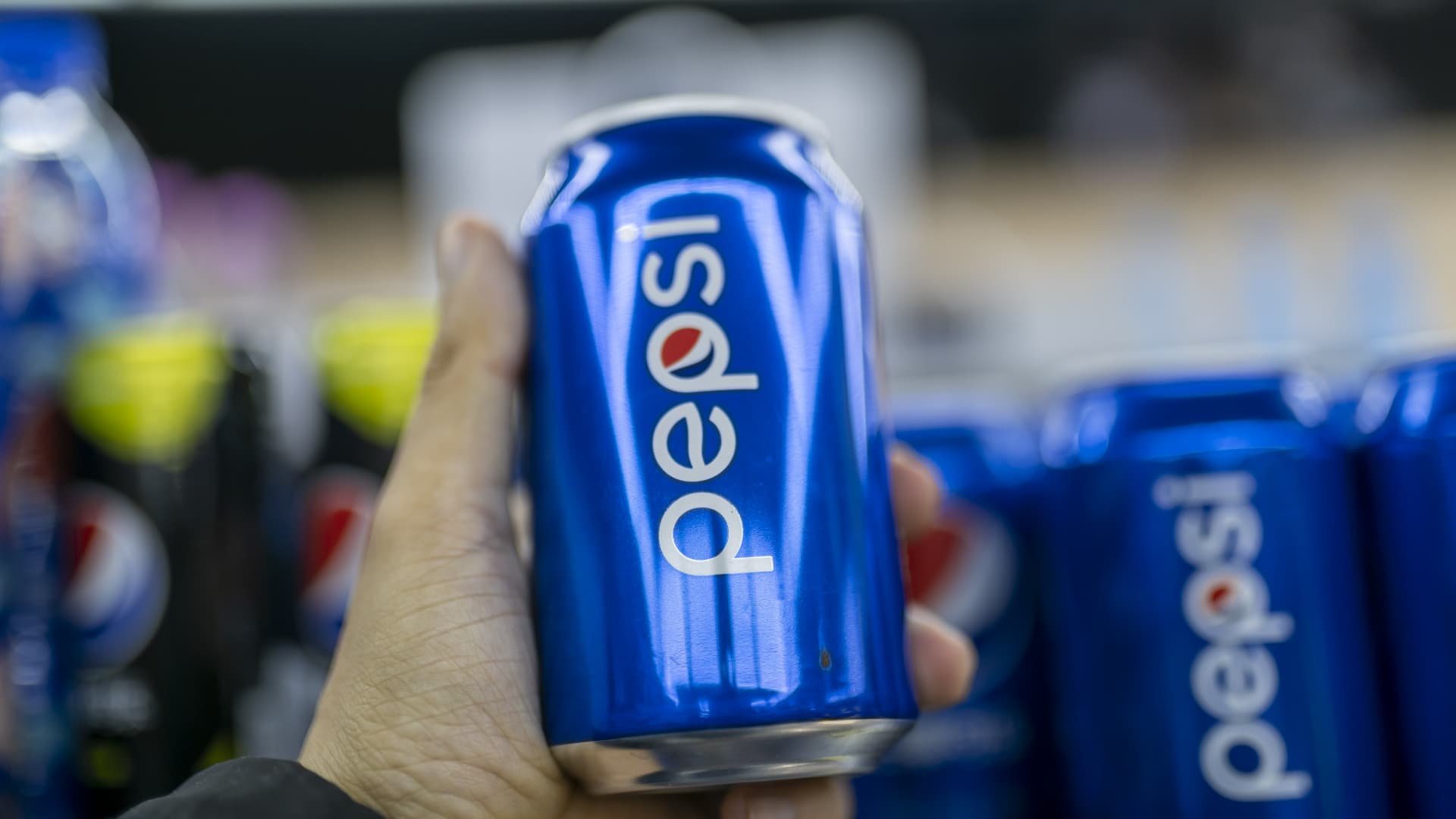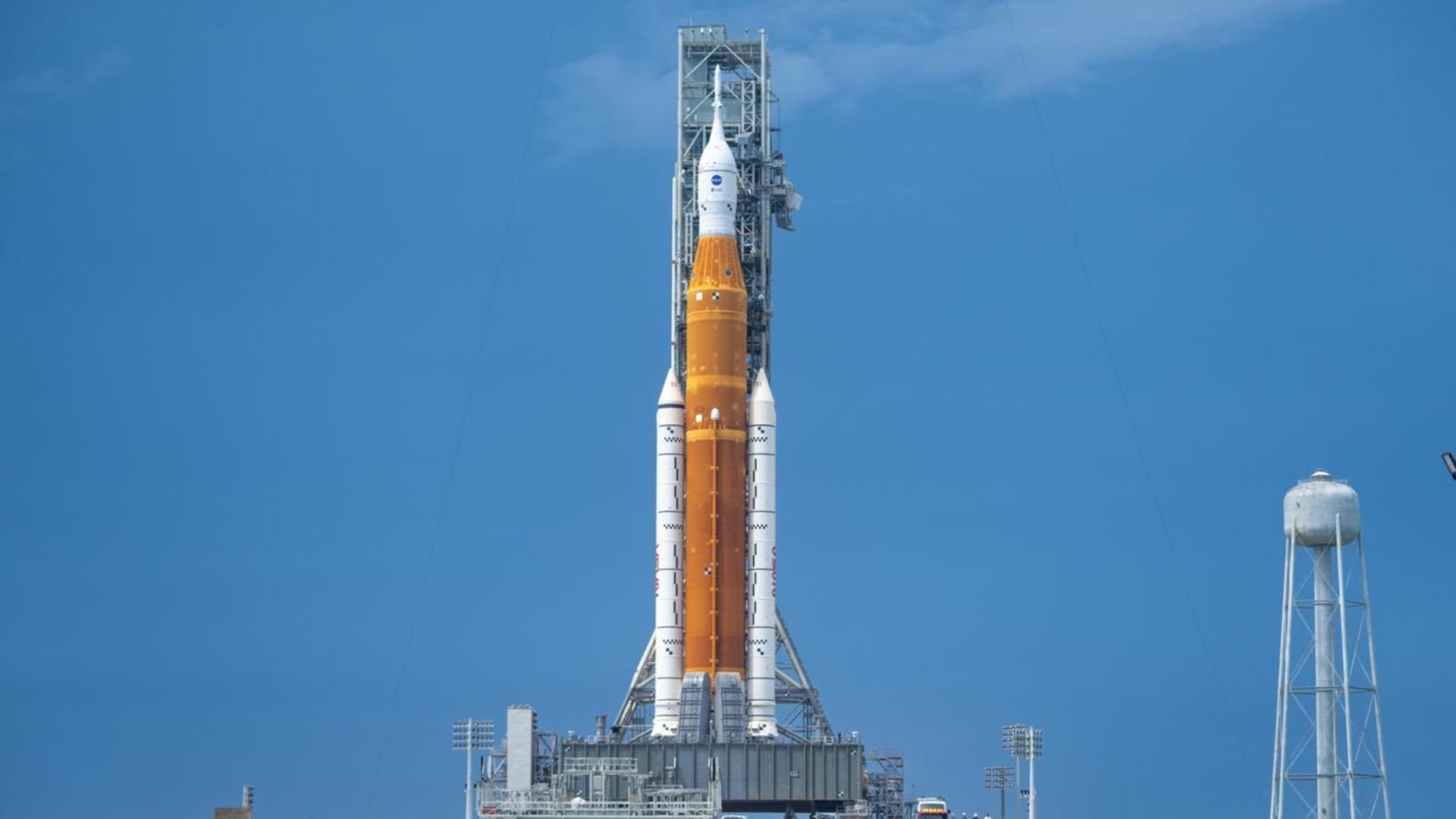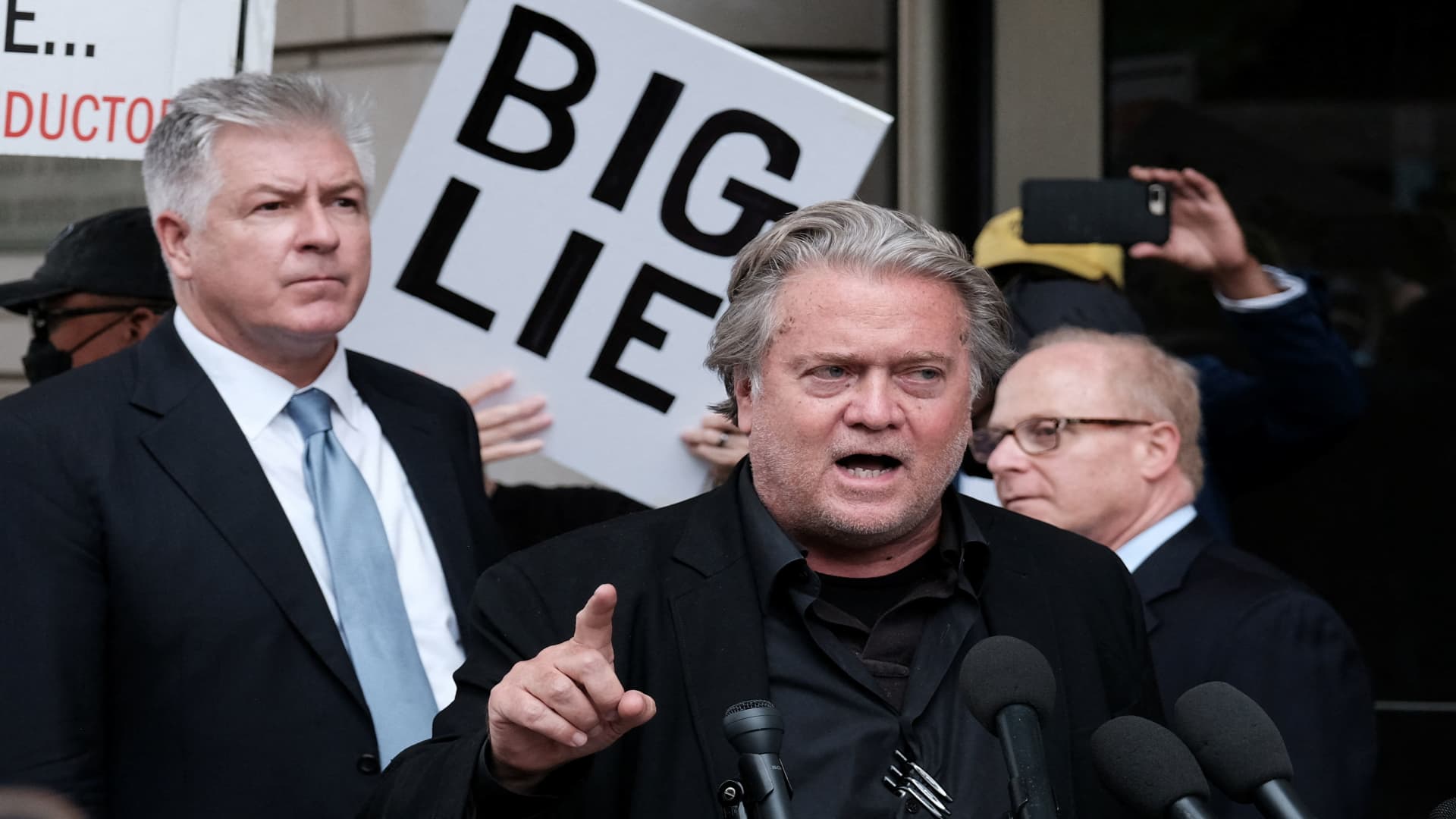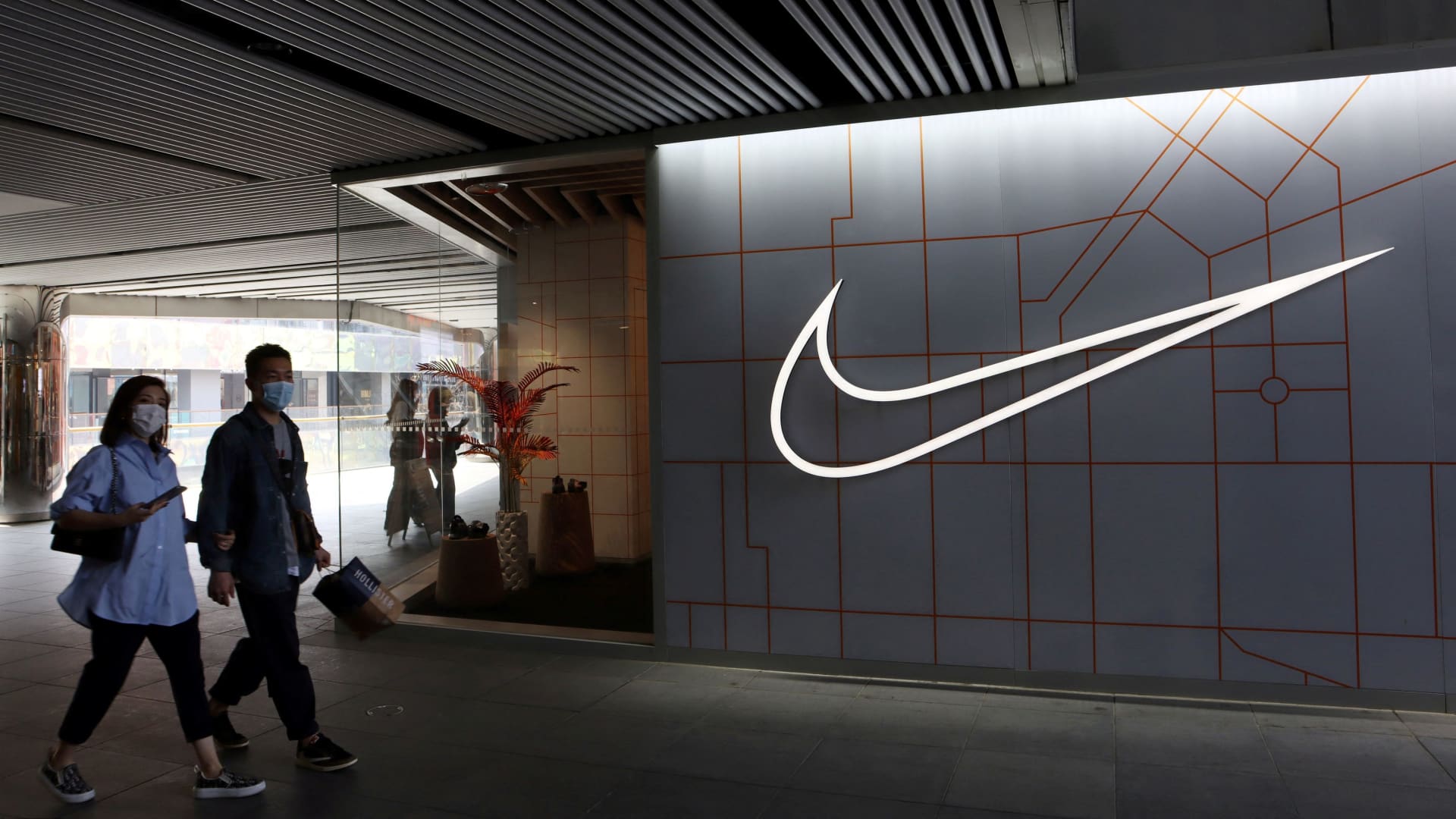PepsiCo raises revenue forecast as it deploys price hikes, smaller sizes to fight rising costs


PepsiCo on Tuesday raised its revenue outlook for the year, as inflation pushed up prices and people paid more for its Doritos chips and Gatorade drinks
Expecting costs to rise even higher in the second half of the year, the global food and drink giant said it plans to keep shrinking product sizes and deploying other ways to manage rising expenses.
“We are facing inflation like everyone else, and we think that is going to persist for a while, but we are taking enough pricing to be able to manage the inflation, and our focus is really much more on how do we drive costs out of the business,” Hugh Johnston, PepsiCo’s chief financial officer, said on CNBC’s “Squawk Box.”
Shares of the company rose less than 1% in premarket trading.
Here’s what the company reported compared with what Wall Street was expecting, based on a survey of analysts by Refinitiv:
- Earnings per share: $1.86 adjusted vs. $1.74 expected
- Revenue: $20.23 billion vs. $19.51 billion expected
Pepsi reported second-quarter net income of $1.43 billion, or $1.03 per share, down from $2.36 billion, or $1.70 per share, a year earlier.
The company’s margins shrank as it faced higher freight and commodity costs during the quarter. CEO Ramon Laguarta said in prepared remarks that Pepsi is accelerating its cost management initiatives and using “mix and assortment solutions,” like smaller sizes for its variety packs. Johnston said the company may sometimes choose to reduce the number of chips in a bag rather than hike prices.
While higher costs weighed on its profits, PepsiCo saw a larger hit from the Russia-Ukraine war. It reported a $1.17 billion charge for the quarter related to the conflict. In the wake of the Kremlin’s invasion of the neighboring country last quarter, Pepsi said it was pausing sales in Russia except for some essential items, like baby formula. The company is now trying to discontinue or reposition some of its Russian juice and dairy brands.
Excluding items, the company earned $1.86 per share. Net sales rose 5% to $20.23 billion. Organic revenue, which strips out the impact of acquisitions and divestitures, climbed 13%.
Frito-Lay North America’s organic revenue rose 14% as sales of Cheetos and Doritos grew. But volume, which excludes the impact of pricing or currency fluctuation, declined 2%. Laguarta said the division gained market share during the quarter.
The company’s North American beverage unit saw organic revenue growth of 9%, but its volume fell 1%. Gatorade, Aquafina and Lifewtr saw double-digit growth in the quarter.
Quaker Foods North America, usually the laggard of Pepsi’s portfolio, was the only domestic segment to report volume growth. Its organic revenue climbed 18%, helped by double-digit growth in rice and pasta, oatmeal and cookies. Volume rose 2%.
For 2022, Pepsi now expects organic revenue growth of 10%, up from its prior forecast of 8%. This marks the second consecutive quarter that the company hiked its revenue forecast without updating its earnings guidance. Pepsi still expects core constant currency earnings per share growth of 8%.
Laguarta said the company expects that the North American business will be resilient and most of its international markets will be strong, despite macroeconomic and geopolitical volatility.
This post has been syndicated from a third-party source. View the original article here.




